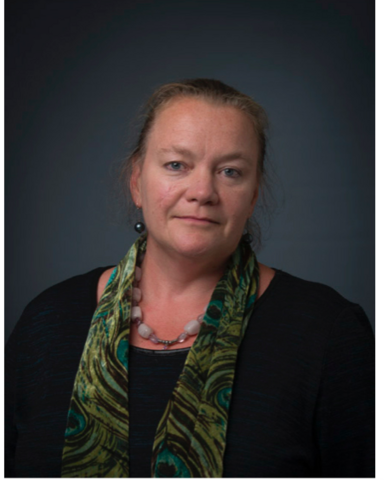Breadcrumbs
Preparing for the Pandemic: Mental health support at Toronto's hospitals
Annual Report 2019-20
At Sunnybrook and Mount Sinai, mental health supports were a key part of preparing for the pandemic.
At the beginning of the COVID-19 pandemic, it quickly became apparent that frontline health care providers would be facing unprecedented strain on their mental health.


“Based on previous experience with SARS, we realized that mass outbreaks are likely to lead to stress, strain and burnout in healthcare workers,” say Dr. Rosen, “The impact of a mass outbreak on staff wellbeing, as well as strategies to help bolster resilience for individuals and organizations, have been studied at Sinai during previous outbreaks, work led by Dr. Robert Maunder.”
COVID-19’s higher rate of infection and mortality meant that it would have a far greater impact on the daily lives of healthcare providers than the SARS outbreak. It was clear the support offered to caregivers would have to be scaled up accordingly.

“We were concerned that staff would develop significant work-related stress and possibly post-traumatic stress disorder (PTSD) when exposed to patients with COVID, the pain of families separated from dying loved ones and in redeployment,” says Dr. Ellis.
Dr. Ellis, Lina Gagliardi (social work lead) and Tracey DasGupta (director of interprofessional practice) developed a staff wellness working group, resources, and a hospital-wide monthly survey to screen for depression, anxiety, burnout and PTSD. Peer support groups and individual support sessions were made available to staff. Over 240 leaders were trained in the principles of prevention of PTSD and promotion of wellness in a pandemic.
At Mount Sinai, Dr. Rosen and Dr. Preisman developed a plan to embed resilience coaches within each clinical area. The coaches offered staff regular check-ins, opportunities to vent, training in self-care, and regular review of signs of need. Essentially, the resilience coaches offer mental health first aid and provided tools to help staff cope with the stress of the pandemic in healthy ways that helped avoid burnout.
Implementing these initiatives wasn’t without challenges.
“We noticed a difference between physicians and other healthcare workers receptivity to engagement,” says Dr. Preisman, “Physicians tend to have the attitude that we should be able to cope on our own, we need to be strong and independent. They were more reluctant to identify mental health challenges and ask for help. This led to us adding a different approach for physicians – buddying up with each other as an alternative to receiving support in a group setting.”
At Sunnybrook, Dr. Ellis initially found it difficult to get mental health included in the hospital’s pandemic response plan.
“When Sunnybrook began to plan its response, it was very focused on logistics (availability of ventilators and ICU beds, redeployment, planning for absenteeism), with the sense that it wasn’t vital to integrate psychosocial planning at the start. This resulted in a reactive ask for staff support after COVID stress started to increase,” says Dr. Ellis, “It was challenging to set up mental health support in busy units, but with manager and peer champion support, we are gaining traction.”
The impact of these initiatives is still being measured, but early feedback has been very positive.
At Mount Sinai, leaders and staff alike have expressed gratitude for the presence of coaches. COVID-19 initiatives have allowed the Department of Psychiatry to deepen its relationships with other Departments, demonstrating the value of psychiatry during the pandemic and beyond.
Staff at Sunnybrook have also expressed gratitude for the mental health supports they received, and anxiety and burnout levels have fallen since the beginning of the pandemic. The success of the initiatives has led to some permanent changes.
“We are thrilled that the COVID experience and staff wellness collaboration has given rise to the development of two new permanent Staff Wellbeing positions at Sunnybrook,” says Dr. Ellis.
As the pandemic continues, it’s clear that we’ll be asking a lot more of healthcare providers in the coming months. The mental health support established by these psychiatrist means that caregivers and colleagues ready to offer support should the strain become too great.
